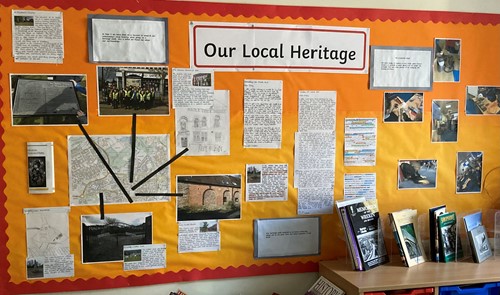Curriculum Statement
At William Reynolds Primary School and Nursery, we aim for all our children to leave equipped with key skills, which enable them to be confident, respectful, skilful, ambitious and positive individuals, who are reflective, able to make good choices and have a thirst for life and all it has to offer.
We place emphasis on a researched based curriculum that develops the whole child. Through our school values – Challenge, Honesty, Ownership, Courage and Collaboration - we ensure that the wellbeing of all members of the school community is at the centre of our life in school and the key to raising academic success. Our children gain a sound knowledge of their own value and purpose, with the ability to make choices and decisions in life that show their understanding of right and wrong.
“Pupils learn about the importance of respect for everyone, including themselves, through the school’s rainbow values. They also see this modelled by staff. Pupils appreciate the way they are asked their thoughts and opinions about how the school is run. This has resulted in pupils who want to make a difference.”
Ofsted September 2023

Our context rich curriculum, which has high expectations for all, is mapped to include full coverage of the National and EYFS curriculum. It provides a range of learning experiences for our children, which broaden their understanding of the Local, British and Global Community. Our curriculum offer is designed and adapted, in order to challenge, engage and motivate our learners to take responsibility for themselves and others. Our ultimate goal being that they progress academically and personally so that they become honest, successful and confident individuals, who make positive contributions to the community and society - both now and in the future. We have developed our curriculum so that it is designed to support children with retention of subject knowledge and to develop long-term memory skills.
“The school’s curriculum is designed to a consistently high standard and ensures that pupils’ learning is thoughtfully mapped from Nursery to Year 6. There is a shared ambition for all pupils to be successful in the future. The impressive outcomes achieved by pupils mean that they are ready to realise this ambition when they move on to secondary school. “
Ofsted September 2023
For all year groups, we have overviews that map out the knowledge and skills progression of the curriculum offer; these include all the subjects in the National Curriculum so that our children access a broad and balanced curriculum offer. The curriculum offer is implemented in a consistent manner by ensuring that excellence in teaching and enjoyment in learning go hand in hand and lay the foundations for success in later life
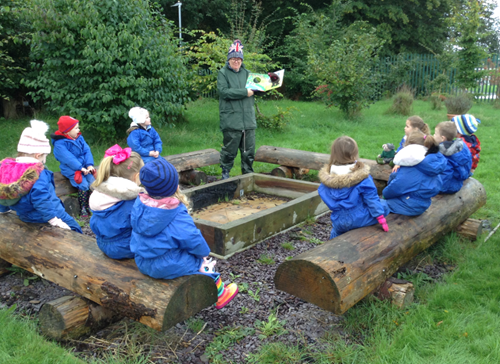
Our curriculum ensures that it encompasses a wide range of knowledge so that children acquire the knowledge and skills to support them to become life-long learners experiencing success in the future. Our curriculum is based on the substantive knowledge which includes the components (the building blocks) to support learning. Once these components have been acquired by the children, they are then able to use and apply them in a range of ways. Once substantive knowledge has been formed, our children are exposed to disciplinary knowledge, where they are able to apply their prior knowledge such as exploring how historians investigate the past through use of source work.
Using our curriculum maps as a starting point, we develop our medium-term and short-term planning to ensure coherent coverage of key knowledge, skills and concepts and clear progression routes over a sequence of lessons. This allows for prior learning to be systematically built upon and key knowledge to be revisited. For each subject, planning is supported by the progression of knowledge and skills so that lessons give children the opportunity to use and apply the knowledge and skills they are developing so that they know more and understand more. This is monitored by subject leaders and links to the Teaching, Learning and Assessment Policy. Curriculum planning is supported by identified quality texts, which are selected to stimulate children’s interests, to give a context for the learning and to make meaningful cross-curricular links to ensure transferable knowledge.
Across the curriculum, children are given regular opportunities to explore, question, investigate, evaluate, and reflect on their learning. These crucial experiences strengthen children’s subject knowledge and embed life-long skills for our children.
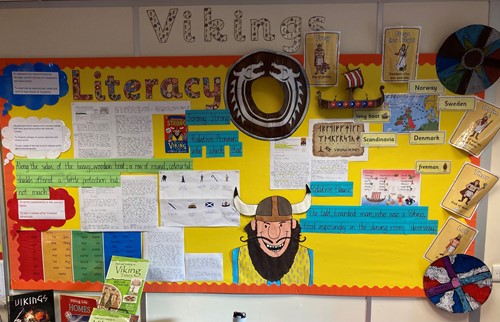
A range of visits or visitors into school are linked to each theme – these are organised by teachers, in order to offer a range of experiences that help to broaden understanding of curriculum content, enrich the curriculum delivery with real-life experiences and most importantly help the children embed and retrieve their learning. These visits are supported by the governors, who use some of the Pupil Premium Grant to match any short falls in parent voluntary contributions to ensure that all planned events go ahead.
“The school offers many wider experiences for pupils. Pupils’ learning about the Romans was enhanced by a museum visit. Other pupils visited the local mosque as part of learning about different faiths. Pupils broaden their skills through clubs, including sewing and the Lego league.”
Ofsted September 2023
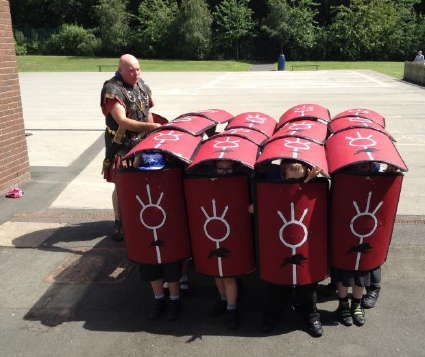
Most lessons make use of carefully formulated assessments of prior knowledge as a starting point for all future planning and teaching. We plan carefully tailored lessons which enable all groups of pupils to make good progress and catch up quickly, if needed. Staff also make use of the detailed whole school progression documents to assist with making accurate periodic judgements of pupil attainment and progress for all taught subjects.
To support our assessment of the core subjects (English, Mathematics and Science) we use ‘NFER’ standardised assessments or ‘Rising Stars’ tests alongside teacher assessment. We capture data at 3 points across the academic year – at the end of the Autumn, Spring and Summer Term to ensure that all children are making at least expected progress.
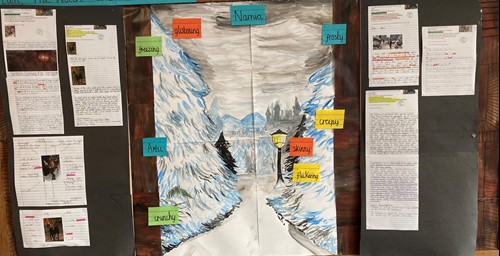
The role of the subject leader is pivotal in the successful implementation of our curriculum. We aim for all subject leaders to have the knowledge, expertise and practical skill to be able to lead their area effectively. Each curriculum subject has a dedicated subject leader with clear roles and responsibilities. They are responsible for the curriculum design, delivery and impact in their own curriculum area. Subject leaders and leaders at all levels, including Governors, regularly review and quality assure the subject areas to ensure that they are being implemented as intended and that coverage, curriculum, breadth and balance is adequate.
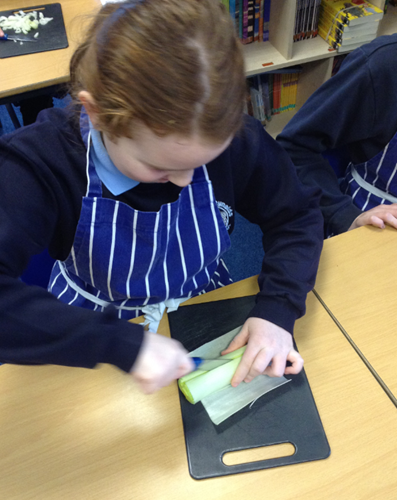
The findings of pupil voice/discussion are used to support decision making at William Reynolds Primary School and Nursery. To ensure we implement our curriculum intent well, we ensure that our children are invested in their learning and making a positive contribution to the planning and design of our curriculum. We regularly encourage pupils to articulate their learning journey and understanding of the curriculum. This ensures that our children are actively involved in their learning, enabling them to deepen their understanding and develop retrieval strategies.
Achievement for children was judged to be Outstanding by Ofsted in September 2023.
The impact of our curriculum is that children are:
- able to read fluently, have sound comprehension skills and display a love of reading.
- academically and personally prepared for the next phase of their education and have high aspirations for their future.
- able to reflect on their learning and identify their next steps.
- able to recall knowledge and confidently utilise their skills across all areas of the curriculum.
- making good progress in all subjects through our logically sequenced curriculum which helps them embed and remember their learning over time.
- taught age-appropriate objectives that enable them to achieve age expected standards. If they are not working at this level, they are well supported to ensure they are making progress from their starting point.
- respectful and positive individuals with a clear understanding of important values. For example: equality, collaboration, friendship, honesty and ownership.
- highly motivated to succeed and achieve their personal goals.
- motivated by a strong sense of right and wrong and make decisions for the right reasons and in the best interests of their community.
- equipped to demonstrate resilience and have the ability to persevere, when they encounter challenges.
- able to access the help and support they need to keep themselves safe.
- socially, morally, spiritually and culturally responsible and aware.
- aspiring to be the best that they can be
“The school’s success can be measured in so much more than its excellent academic outcomes.”
Ofsted September 2023
